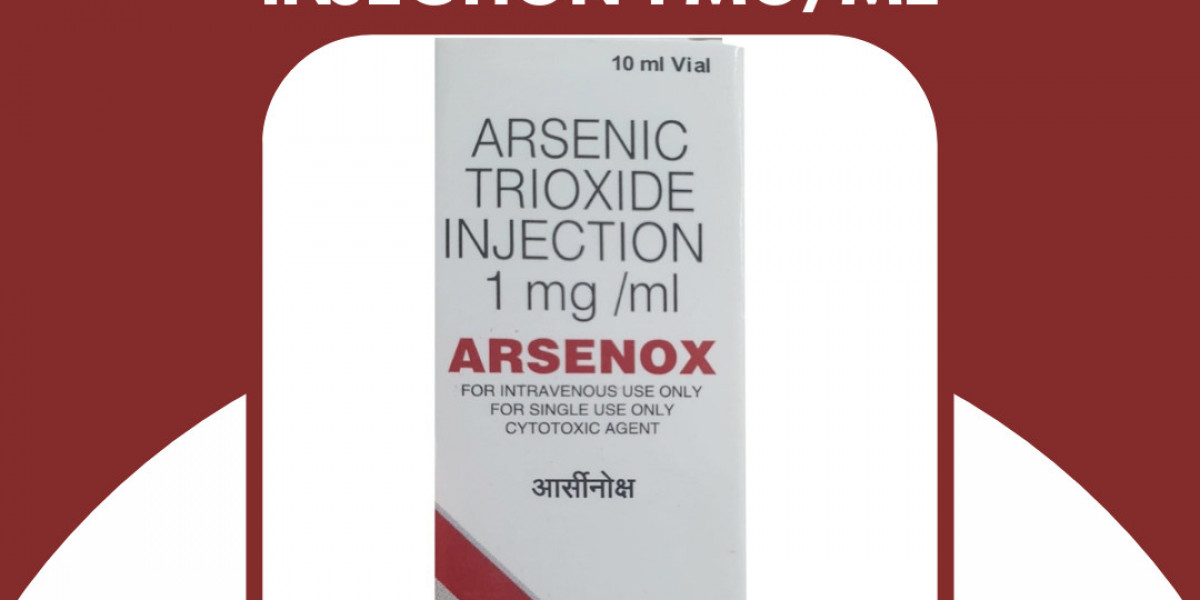Arsenic trioxide injection is a potent medication that has been gaining recognition for its effectiveness in treating a specific type of cancer known as acute promyelocytic leukemia (APL). This article will explore the benefits and considerations of using arsenic trioxide injection in the treatment of leukemia.
What is Arsenic Trioxide Injection?
Arsenic trioxide injection is a type of chemotherapy drug that works by targeting and killing cancer cells in the body. It is specifically used in the treatment of APL, a subtype of acute myeloid leukemia (AML) that is characterized by the rapid growth of abnormal white blood cells.
How Does Arsenic Trioxide Injection Work?
Arsenic trioxide works by inducing apoptosis, or cell death, in leukemia cells. It targets specific proteins that are overproduced in cancer cells, leading to their destruction. Additionally, arsenic trioxide has been found to help restore the normal function of certain genes that are disrupted in leukemia cells.
Benefits of Arsenic Trioxide Injection
High Treatment Success Rates: Studies have shown that arsenic trioxide injection, when used in combination with other chemotherapy drugs, can induce complete remission in a significant number of APL patients.
Minimal Side Effects: Compared to traditional chemotherapy agents, arsenic trioxide is associated with fewer and milder side effects, such as nausea and hair loss.
Potential for Long-Term Remission: Some patients treated with arsenic trioxide injection have achieved long-term remission, offering hope for a cure.
Considerations for Using Arsenic Trioxide Injection
Monitoring and Management: Patients receiving arsenic trioxide injection require close monitoring to assess treatment response and manage any potential side effects.
Risk of QT Prolongation: Arsenic trioxide can cause an abnormal heart rhythm known as QT prolongation, so patients may need to undergo regular electrocardiograms during treatment.
Pregnancy and Breastfeeding: Arsenic trioxide is not recommended for use during pregnancy or breastfeeding, as it may harm the developing fetus or infant.
Combination Therapies and Future Directions
Arsenic Trioxide in Combination with Other Treatments
Arsenic trioxide doesn't like to go solo in the battle against leukemia. It's a team player, often teaming up with other treatments like chemotherapy to form a lethal combo. This dynamic duo can pack a powerful punch, targeting cancer cells with precision and maximizing the chances of kicking leukemia to the curb.
Potential Developments in Arsenic Trioxide Therapy
What's the future hold for arsenic trioxide therapy? Well, researchers are busy bees exploring new ways to make this treatment even more effective. From tweaking dosages to investigating targeted delivery methods, the possibilities are as exciting as a thriller novel. Stay tuned for the next chapter in the arsenic trioxide saga!
Conclusion
In conclusion, arsenic trioxide injection is a valuable treatment option for patients with APL, offering high success rates and minimal side effects compared to traditional chemotherapy. However, careful monitoring and management are essential to ensure the safety and effectiveness of treatment. By understanding the benefits and considerations of using arsenic trioxide injection, healthcare providers can help their patients achieve the best possible outcomes in the fight against leukemia.







